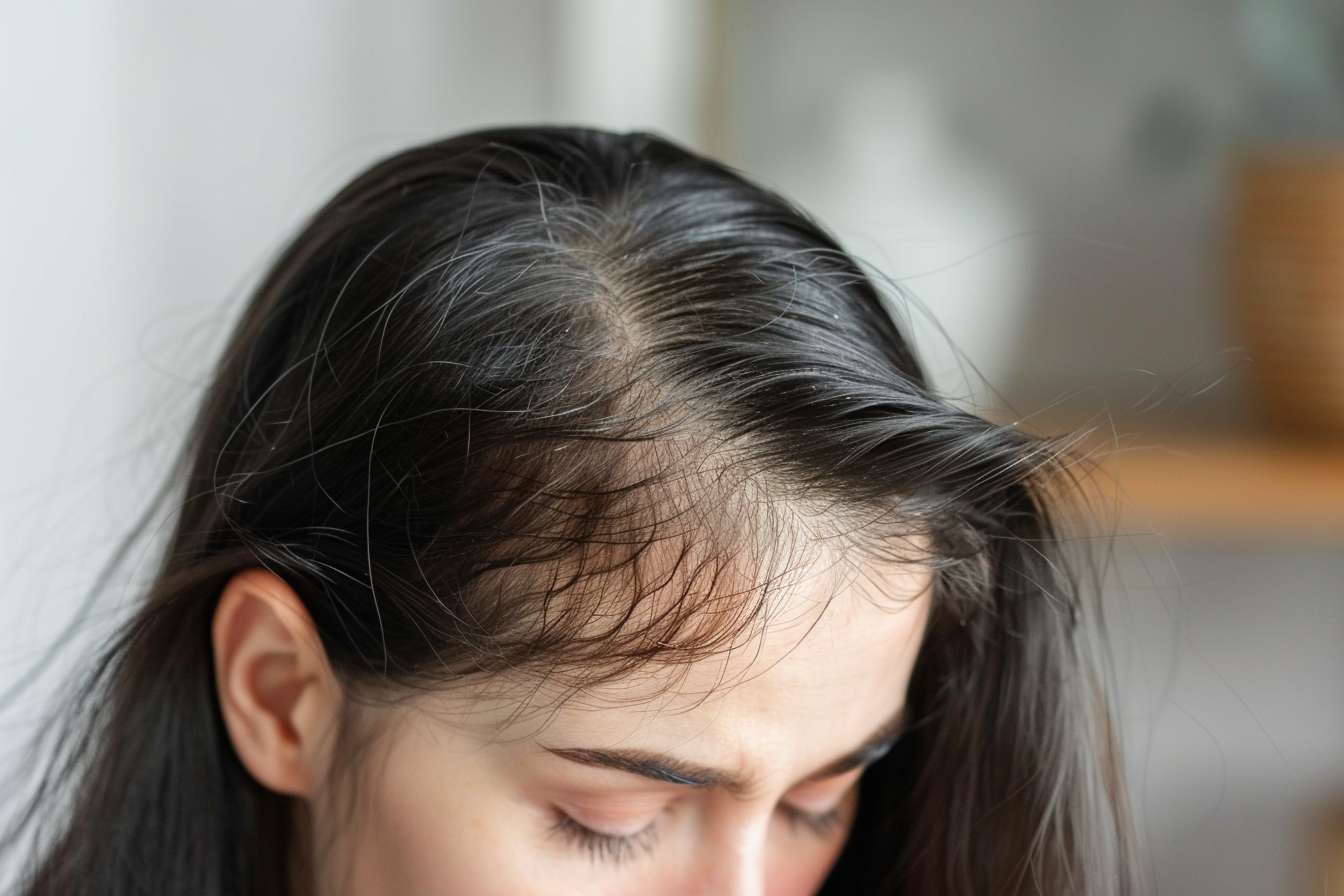Biohacking Beauty: The New Frontier of Personalized Skincare
The beauty industry is on the brink of a revolutionary transformation, driven by the convergence of cutting-edge technology and personalized skincare. Biohacking, once the domain of Silicon Valley tech enthusiasts seeking to optimize their bodies and minds, is now making its way into the world of beauty. This innovative approach promises to revolutionize how we care for our skin, offering tailored solutions based on individual genetic makeup, lifestyle factors, and environmental influences. As consumers become increasingly aware of the limitations of one-size-fits-all skincare products, the demand for personalized, science-driven solutions is skyrocketing.

This scientific progress laid the foundation for the development of genetic testing kits specifically designed for skincare. These kits analyze an individual’s DNA to identify genetic markers associated with various skin concerns, such as premature aging, hyperpigmentation, and sensitivity. Armed with this information, beauty companies could then formulate products tailored to address these specific genetic predispositions.
The Rise of Epigenetic Skincare
Building upon the foundation of genetic testing, epigenetic skincare has emerged as the next frontier in biohacking beauty. Epigenetics refers to the study of changes in gene expression that do not involve alterations to the underlying DNA sequence. In the context of skincare, this means focusing on how environmental factors and lifestyle choices influence the way our genes express themselves in our skin.
Epigenetic skincare products aim to “reprogram” the skin at a cellular level, targeting specific genes responsible for various skin functions. These formulations often include ingredients like retinoids, peptides, and antioxidants that have been shown to influence gene expression positively. By addressing the epigenetic factors that contribute to skin aging and damage, these products promise to deliver more profound and long-lasting results than traditional skincare approaches.
Microbiome-Based Skincare Solutions
The human microbiome, the complex ecosystem of microorganisms that inhabit our bodies, has become a focal point in the biohacking beauty movement. Research has shown that the balance of bacteria on our skin plays a crucial role in maintaining skin health, barrier function, and even protecting against premature aging.
Microbiome-based skincare products are designed to support and nurture the skin’s beneficial bacteria while combating harmful microorganisms. These formulations often include prebiotics, probiotics, and postbiotics to create an optimal environment for the skin’s microbiome to thrive. By promoting a healthy microbial balance, these products aim to address a wide range of skin concerns, from acne and inflammation to dryness and sensitivity.
Wearable Tech and AI-Powered Skincare Devices
The integration of wearable technology and artificial intelligence into skincare routines represents another exciting facet of biohacking beauty. Advanced sensors and AI algorithms are being incorporated into skincare devices to provide real-time analysis of skin conditions and personalized treatment recommendations.
For example, smart face masks equipped with LED lights and sensors can detect changes in skin hydration, pH levels, and even pollution exposure. These devices then adjust their treatment protocols accordingly, delivering targeted therapies to address specific skin concerns. AI-powered skin analysis apps use machine learning algorithms to assess skin health through smartphone cameras, offering personalized product recommendations and tracking progress over time.
The Ethics and Challenges of Biohacking Beauty
While the potential benefits of biohacking beauty are undeniable, this emerging field also raises important ethical considerations and challenges. Privacy concerns surrounding genetic data collection and storage are at the forefront of these discussions. As companies amass vast amounts of genetic information from consumers, questions arise about data security, ownership, and potential misuse.
Additionally, the high cost of many biohacking beauty products and services raises concerns about accessibility and equity in skincare. There is a risk that these advanced, personalized solutions may only be available to a select few, potentially exacerbating existing disparities in beauty standards and skin health.
The long-term effects of some biohacking beauty practices also remain uncertain. As we delve deeper into manipulating our biology for cosmetic purposes, it is crucial to consider the potential unintended consequences and ensure that safety remains a top priority.
In conclusion, biohacking beauty represents an exciting new frontier in personalized skincare, offering the promise of tailored solutions based on cutting-edge science. As this field continues to evolve, it has the potential to revolutionize our approach to skincare and redefine our understanding of beauty itself. However, as we embrace these innovative technologies and practices, it is essential to remain mindful of the ethical implications and potential challenges they present. The future of beauty may well be personalized, but it must also be inclusive, responsible, and grounded in a holistic understanding of health and well-being.




